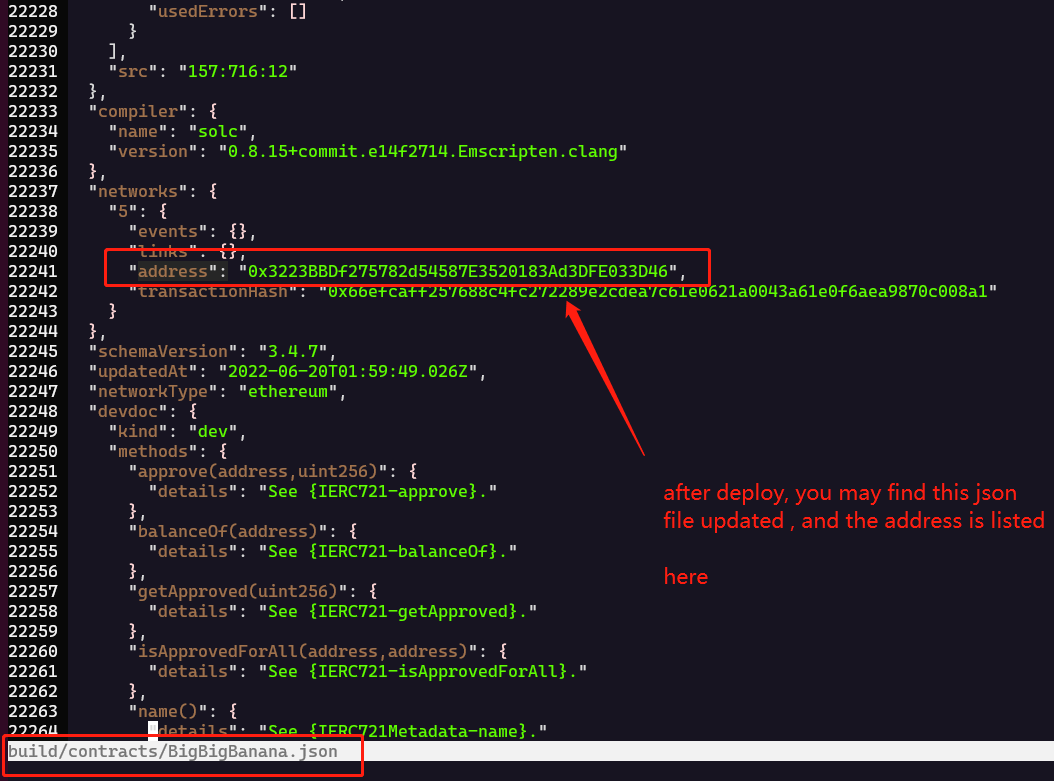One way to achieve this through the Truffle Migration files would be to modify contract Two such that its constructor takes an address as input and stores it as oneAdd, then deploy the contracts with the following migration file:
var One = artifacts.require("./One.sol");
var Two = artifacts.require("./Two.sol");
module.exports = (deployer, network) => {
deployer.deploy(One).then(function() {
return deployer.deploy(Two, One.address)
});
};
Alternatively, you could deploy One and Two first, then call a function in Two to set the address of One with an async migration as follows:
var One = artifacts.require('./One.sol');
var Two = artifacts.require('./Two.sol');
module.exports = async(deployer) => {
let deployOne = await deployer.deploy(One);
let deployTwo = await deployer.deploy(Two);
contractTwo = await Two.deployed()
let setAddress = await contractTwo.setAddress(
One.address,
{ gas: 200000 }
);
};
Note that if you choose this option you need to think carefully about who can call the setAddress function to prevent malicious actors from breaking your contract; ideally only transactions from authorised addresses would be allowed to call this function using some sort of onlyOwner or onlyAdmin modifier

